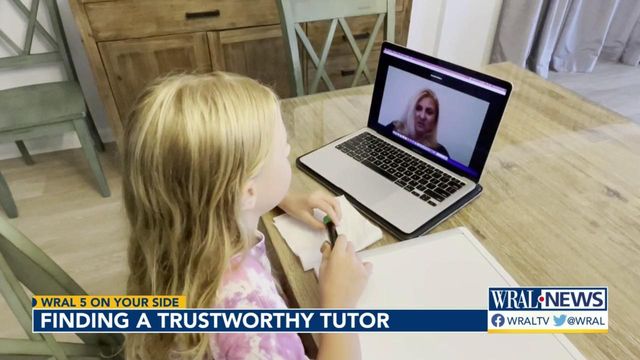YMCA providing post-pandemic social, emotional support for children
In March 2020, the coronavirus pandemic led to public school closures across the state in favor of remote learning, which lasted close to a full year.
The impact of social isolation took a toll, according to Kim Keith, vice president of youth development with YMCA of the Triangle.
"They have lost some confidence in their ability to speak in front of people," said Keith.
Keith said when children in third, fourth and fifth grades returned to their after-school programs, it revealed problems with social and emotional skills as well as less physical activity.
"The stamina of kids to stick with the game is decreased significantly since pre-pandemic because they just haven’t been moving as much," she said.
In a project lasting up to five years, the North Carolina YMCAs are focused on positive character development in the areas of caring, honesty, respect, responsibility and faith in God.
"But we are also focused on how we are helping our staff to show up with that mindset of modeling and teaching character," said Keith.
In testing of more than 3,000 youth in after-school programs, YMCA’s in the state showed children achieved 87% improvement in at least one character development competency and 66% in two or more of the five competencies.
Keith said the YMCA also supports teachers’s efforts by helping students complete homework assignments. It’s a key discipline for long term success.
"All the data shows that they grow into adults to make positive choices and are more successful in life if they are able to develop these skills at a young age," said Keith.
Across the state during the 2021-2022 school year, North Carolina’s YMCA’s served 21,000 children in before-and-after-school programs and engaged 16,000 teenagers in mentoring, tutoring and other supportive efforts.












